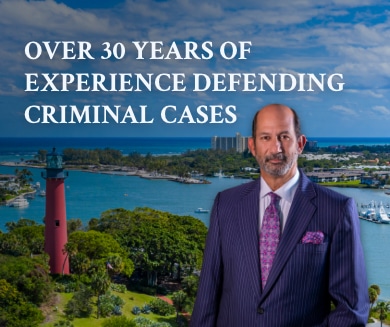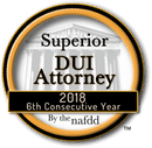Juvenile Defense FAQs
Am I Entitled To Have My Parents Present Before I Am Questioned By The Police?
Juveniles or youth under 18 who are questioned by law enforcement are entitled to ask for their parents’ presence during questioning. Law enforcement officers should stop questioning at that point in time if the parents are available. The parents may then determine whether or not the interrogation should continue. If law enforcement does not allow the juvenile’s parents to step in, it is possible that the answers the juvenile provides to their questions may be inadmissible as evidence against the juvenile at trial.
Am I Entitled To Have Miranda Rights Read To Me Before I Am Questioned As A Juvenile?
Yes, you are entitled to have your Miranda Rights read. Law enforcement officers must read individuals their Miranda Rights at any time they have a person in custody and are interrogating them, no matter the age of the individual. It’s important to know that any time the police question you, you must hear your Miranda Rights. Otherwise, it may be possible to dismiss the evidence they gather.
Can I Be Tried As An Adult In Florida?
Florida leads the nation in prosecuting juveniles as adults. Through a process called direct file, Florida prosecutors can try youth as young as 14 facing felony charges as adults. There are 21 felony offenses that can send 14- and 15-year-olds to the adult court system while juveniles ages 16 and 17 can be transferred to the adult system for any felony charge. Direct file allows prosecutors to charge juveniles as adults without input from a judge. 98% of juveniles in Florida who are tried as adults end up in the adult system through direct file.
Do I Need To Have An Attorney For Juvenile Defense?
Juveniles facing criminal charges should seek legal counsel immediately whether they face misdemeanor or felony charges. An attorney with ample experience defending juveniles plays a vital role in preserving the child’s future and helping the child and his or her family navigate the criminal justice system. If your child has been arrested, it’s important to understand the very real impact the arrest will have on his or her future. A child who faces adult charges will face adult consequences if he or she is found guilty of the offense. If you are a juvenile and you face charges, you are strongly urged to seek a criminal defense lawyer to craft a proper defense and protect your rights throughout the legal process.
How Does Juvenile Court Differ From Adult Court?
The juvenile court system and the adult court system in Florida share various similarities and differences. The most notable difference is the goal of each; whereas the adult court system places a greater emphasis on punishing offenders, juvenile court aims to rehabilitate youth who have fallen on the wrong side of the law. In Florida, juveniles lack certain rights that adults hold, for example, juveniles do not have a right to a jury or public trial. Instead, a judge will determine the juvenile’s guilt or innocence.
The rules and procedures in the juvenile court system are generally more lenient than those in the adult court system. Probation, parole, and diversion programs are more common resolutions considering the system seeks to rehabilitate rather than punish juveniles. Both juveniles and adults in Florida have the right to be notified of the charge against them, the right to a lawyer, and the right to confront or cross-examine witnesses. In both a juvenile and adult case, the prosecutor must prove his case beyond a reasonable doubt.
What Can Happen To A Juvenile Who Is Found Guilty?
Any juvenile convicted of a crime in Florida can be sentenced to a term of probation and be required to complete certain conditions that the court may impose depending upon the facts of the case. An individual facing a drug charge may be required to attend counseling and treatment. Individuals on probation must meet with their probation officers to record their progress.
Juveniles in Florida may be entered into diversion programs that allow them to work through the issues that led to their arrest so that they may be rehabilitated. First-time offenders should always inquire about the possibility of participating in a diversion program to have their charge dropped. The goal of juvenile court is to ensure that juveniles may one day be able to lead a productive life.









